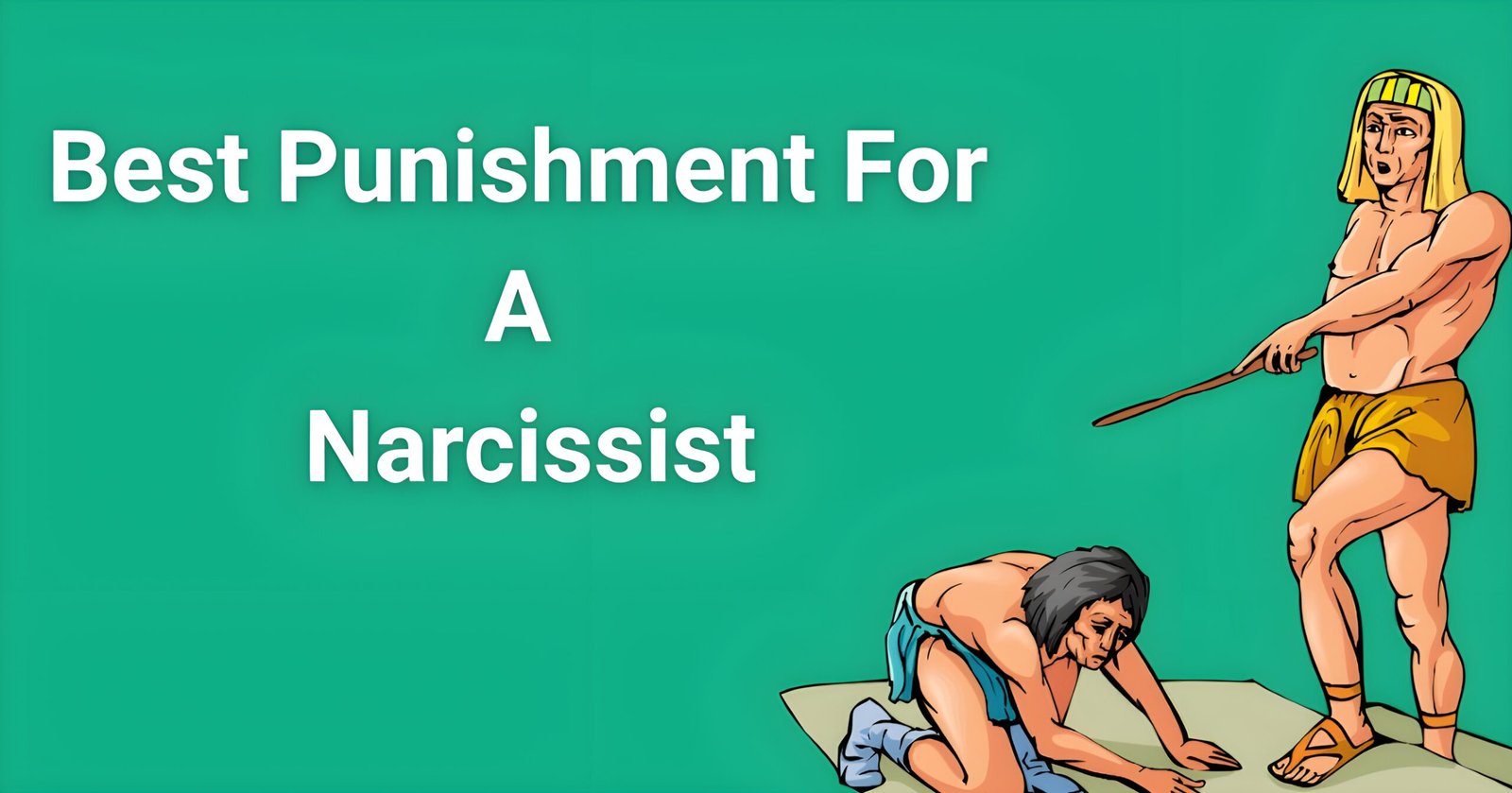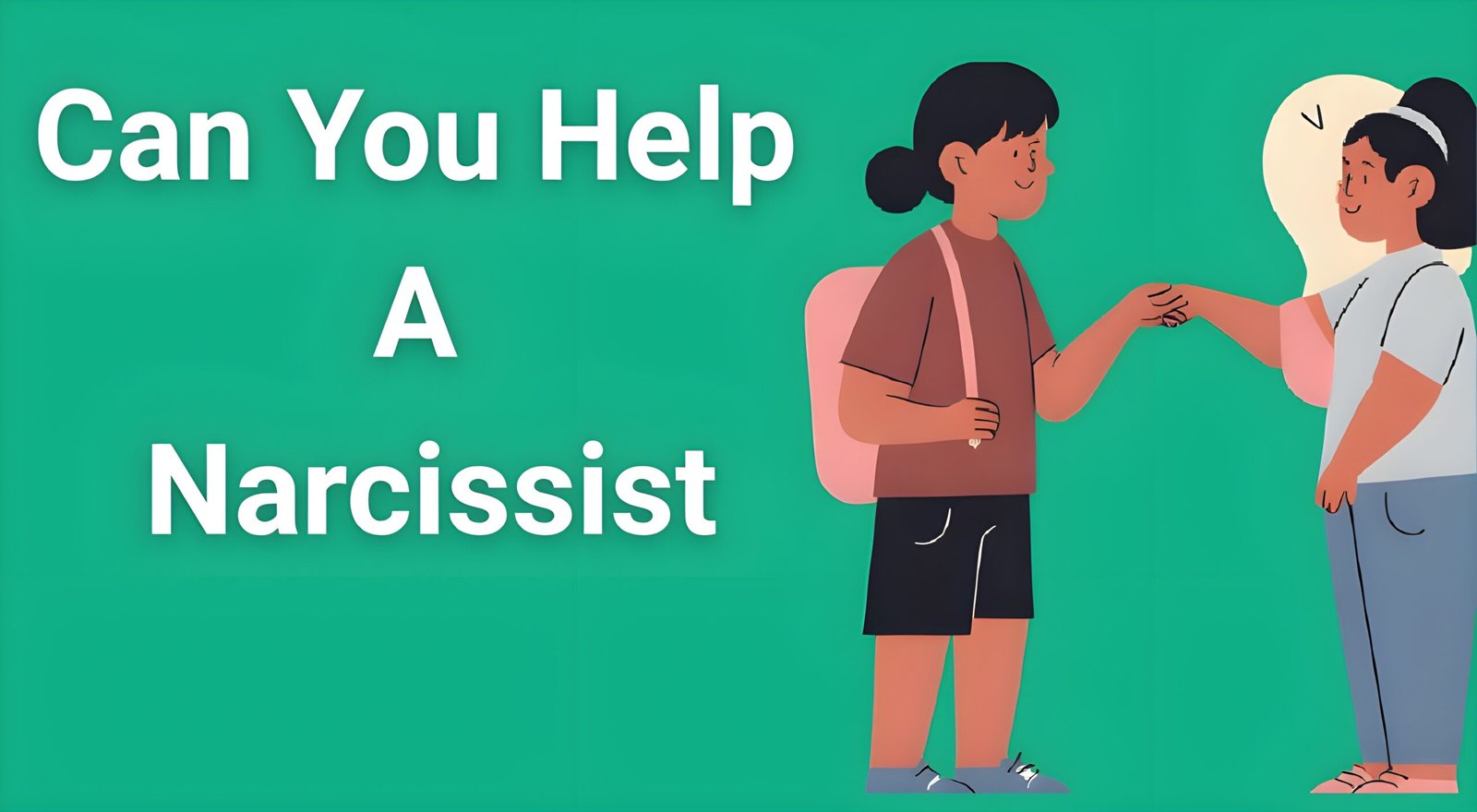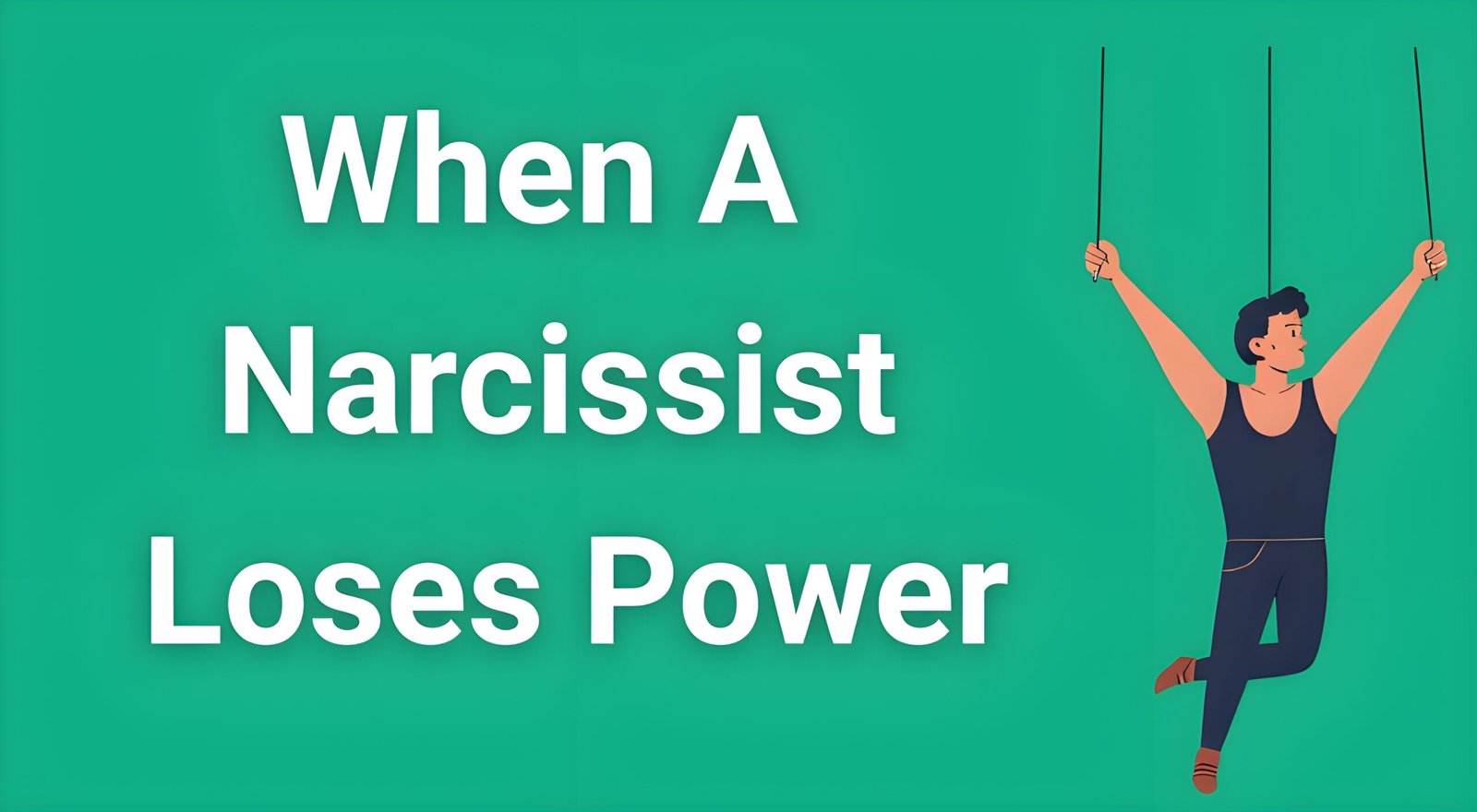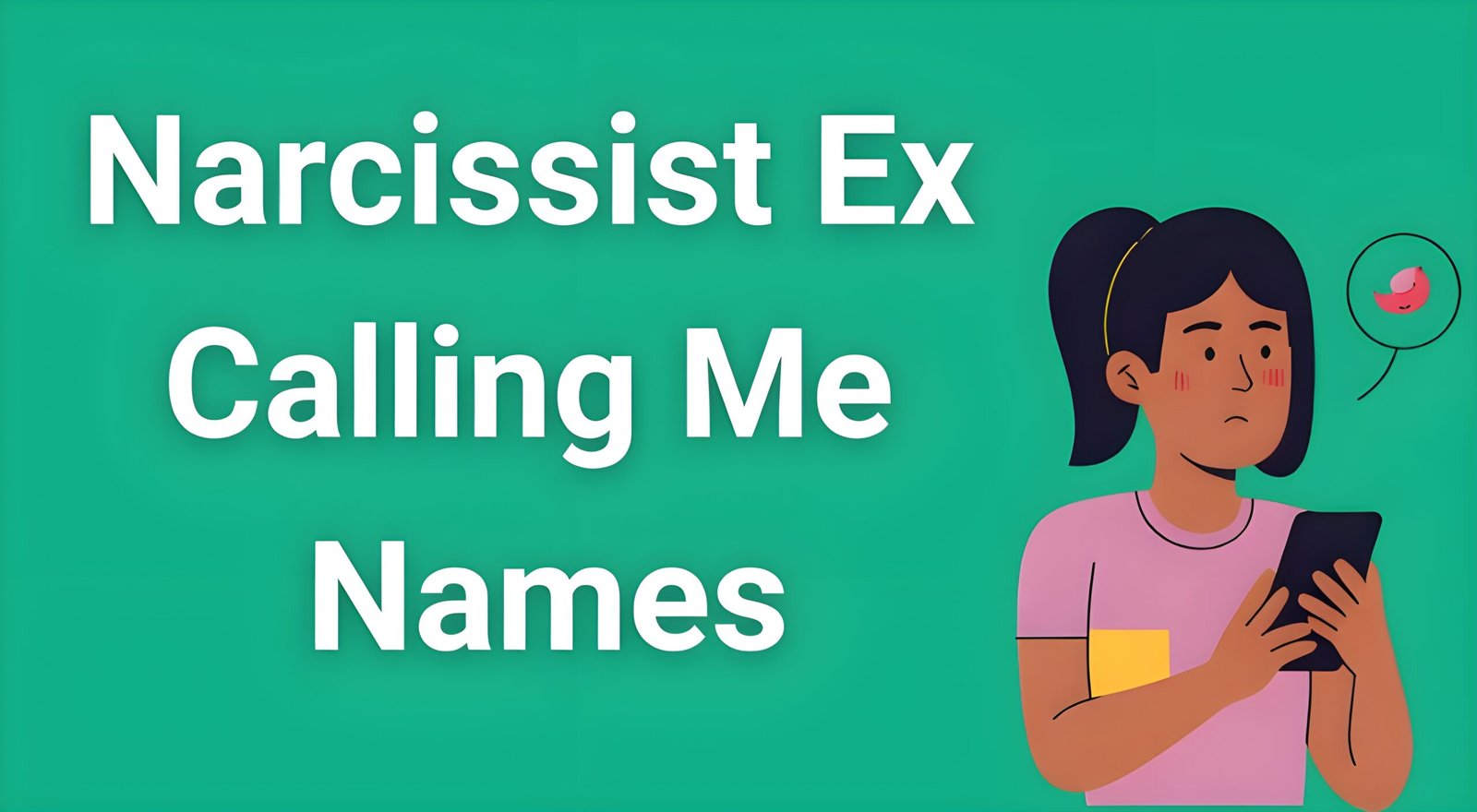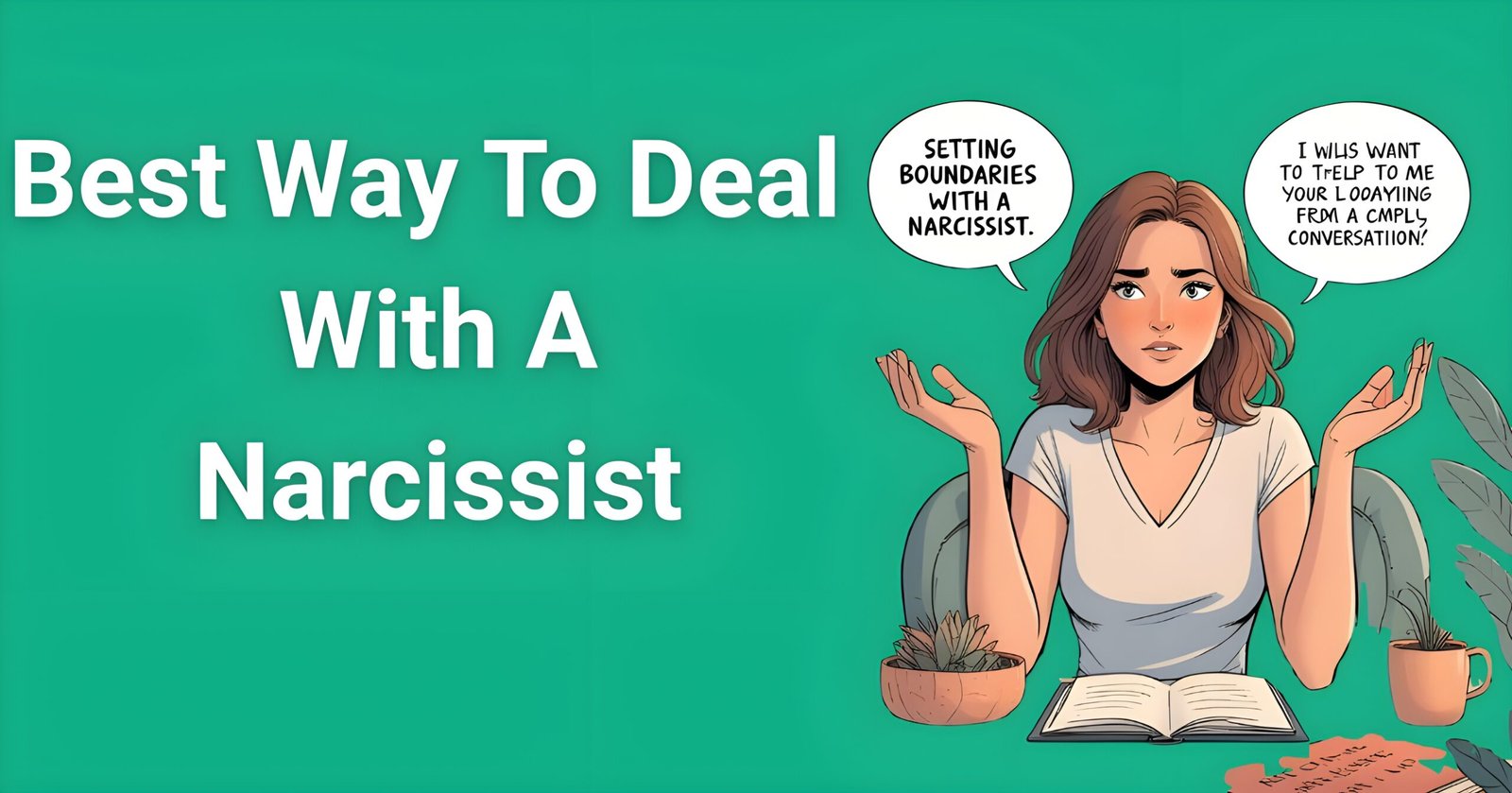Best punishment for a narcissist? The secret they hide – this question burns in the heart of every survivor who has ever felt powerless against their abuser’s manipulation and control. After working with thousands of survivors through NarcissismExposed.com as a Certified Narcissistic Abuse Specialist, I can tell you that understanding what truly affects narcissists isn’t about revenge – instead, it’s about reclaiming your power and protecting yourself from further harm.
- Understanding the Psychology: Why Best Punishment For A Narcissist Isn’t What You Think
- Best Punishment For A Narcissist: The Secret They Hide About Indifference
- The Secret They Hide: Best Punishment For A Narcissist Is Your Success
- Best Punishment For A Narcissist: The Secret They Hide About Exposure
- The Therapeutic Truth: Best Punishment For A Narcissist Is Your Healing
- Practical Application: Using This Knowledge for Protection
- Key Takeaways: The Secret They Hide About Best Punishment For A Narcissist
- Frequently Asked Questions
The devastating secret narcissists hide is that their greatest fear isn’t anger, confrontation, or even exposure – rather, it’s being completely ignored and becoming irrelevant to the people they’ve tried to control. This truth will either liberate you from the need for revenge or show you the path to genuine healing and empowerment.
Moreover, what makes this knowledge so powerful isn’t that it gives you weapons to hurt them – rather, it reveals the profound weakness behind their seemingly invincible facade. Understanding the best punishment for a narcissist means recognizing that their own psychology creates the consequences they fear most, and consequently, you don’t have to lift a finger to orchestrate their downfall.
Furthermore, the secret they desperately hide is that beneath all their grandiosity, manipulation, and control lies a fragile ego so dependent on others’ reactions that the withdrawal of attention and emotional investment is more devastating than any deliberate punishment you could devise.
Understanding the Psychology: Why Best Punishment For A Narcissist Isn’t What You Think
Before exploring what truly affects narcissists, it’s crucial to understand why traditional concepts of punishment don’t work with narcissistic personalities. Additionally, the best punishment for a narcissist operates on psychological principles that differ dramatically from what might affect healthy individuals.
Narcissists are fundamentally different from emotionally healthy people in how they process consequences, relationships, and self-worth. Furthermore, their entire psychological structure depends on external validation and control over others’ emotional responses. As a result, this dependency creates unique vulnerabilities that survivors can understand and use for protection.
The Narcissistic Supply Addiction
The foundation of narcissistic psychology revolves around what psychologists call “narcissistic supply” – the attention, admiration, fear, or any intense emotional reaction they can extract from others. Consequently, understanding this addiction is key to comprehending why the best punishment for a narcissist involves withdrawing this supply rather than providing negative reactions.
Research from Harvard Medical School shows that narcissists’ brains are wired differently, with hyperactive reward centers that create an actual addiction to attention and validation. Therefore, this means that even negative attention feeds their psychological needs, making traditional punishment counterproductive.
The supply addiction manifests as:
- Constant need for attention and emotional reactions from others
- Moreover, inability to maintain self-worth without external validation
- Additionally, addiction to drama, conflict, and emotional intensity
- Furthermore, panic when faced with indifference or disinterest
- Finally, desperate attempts to regain attention when ignored
This understanding reveals why the best punishment for a narcissist isn’t dramatic confrontation or emotional outbursts – instead, it’s the complete withdrawal of the emotional fuel they desperately need to function.
The Mask of Invincibility
One of the most closely guarded secrets narcissists hide is how fragile their sense of self actually is beneath their grandiose exterior. Furthermore, they invest enormous energy in maintaining an image of superiority and invincibility because they’re terrified of being seen as ordinary, flawed, or irrelevant.
The mask serves several purposes:
- First, it protects them from confronting their deep-seated shame and inadequacy
- Additionally, it maintains their position of power and control in relationships
- Moreover, it prevents others from discovering their emotional dependence
- Furthermore, it creates fear in others that maintains their sense of superiority
- Finally, it hides their desperate need for constant validation and attention
Understanding this reveals why the best punishment for a narcissist involves anything that threatens to expose or ignore this carefully constructed facade rather than direct confrontation that might actually reinforce their sense of power.
Best Punishment For A Narcissist: The Secret They Hide About Indifference
The most powerful and effective consequence for narcissistic behavior isn’t elaborate revenge schemes or dramatic confrontations – instead, it’s something far more subtle and psychologically devastating: complete indifference to their existence and manipulation attempts.
The Power of Gray Rock and No Contact
The secret narcissists hide is that they are absolutely terrified of being treated with indifference because it threatens their very sense of existence. Consequently, gray rock technique and no contact aren’t just protective strategies – they’re the most psychologically impactful consequences narcissists can experience.
Gray rock involves:
- First, becoming completely uninteresting and unresponsive to their manipulation
- Additionally, providing minimal, boring responses that offer no emotional fuel
- Moreover, refusing to engage with their drama or emotional manipulation
- Furthermore, maintaining emotional neutrality regardless of their provocations
- Finally, making yourself so boring that they lose interest in targeting you
No contact represents the ultimate consequence:
- First, complete removal of yourself from their psychological ecosystem
- Additionally, elimination of their access to your emotional responses
- Moreover, withdrawal of your attention, validation, and reaction
- Furthermore, forcing them to confront their own inner emptiness
- Finally, demonstrating that you don’t need them to be happy or complete
Why this works as the best punishment for a narcissist:
- First, it directly attacks their core addiction to attention and emotional reactions
- Additionally, it forces them to confront their own psychological emptiness
- Moreover, it demonstrates that they’re not as powerful or important as they believed
- Furthermore, it cannot be manipulated or turned into drama that feeds their ego
- Finally, it provides you with genuine protection while naturally creating consequences for their behavior
The Psychological Impact of Being Ignored
Research published in the Journal of Personality shows that narcissists experience genuine psychological distress when faced with indifference or disinterest. Moreover, this isn’t just frustration – it’s a fundamental threat to their psychological structure that relies on others’ emotional investment.
The impact includes:
- First, panic about their irrelevance and loss of control
- Additionally, desperate attempts to regain attention through escalating behavior
- Moreover, forced confrontation with their own inner emptiness
- Furthermore, anxiety about their diminishing influence over others
- Finally, depression related to lack of narcissistic supply
This reveals why the best punishment for a narcissist is often the absence of punishment – specifically, the complete withdrawal of your emotional energy and attention that they desperately need to maintain their psychological equilibrium.
The Secret They Hide: Best Punishment For A Narcissist Is Your Success
Beyond indifference, narcissists harbor a deeper secret about what truly devastates them: watching their former victims thrive and succeed without them. In fact, your happiness, growth, and success represent the ultimate consequence because they prove that the narcissist was never as important or powerful as they believed.
The Threat of Your Independence
The best punishment for a narcissist is often your own healing and success because it directly contradicts their narrative about your dependence on them. Furthermore, they invest significant energy in convincing you that you’re incapable of happiness or success without them, so consequently, your thriving becomes existential proof that they were wrong.
Your success threatens them because:
- First, it proves you never needed them to be happy or complete
- Additionally, it demonstrates that they were holding you back rather than supporting you
- Moreover, it shows others that leaving them leads to improvement, not destruction
- Furthermore, it reveals their own inadequacy and toxic impact on relationships
- Finally, it provides evidence that their control and manipulation weren’t as powerful as they claimed
The psychological impact on narcissists includes:
- First, rage at being proven wrong about your capabilities
- Additionally, panic about their diminishing influence and importance
- Moreover, shame about their own failures and inadequacies
- Furthermore, envy of your peace, growth, and happiness
- Finally, desperate attempts to sabotage your success or claim credit for it
Living Well as Natural Consequence
The concept of “living well is the best revenge” takes on deeper meaning when understanding narcissistic psychology. Furthermore, your wellbeing isn’t just personally fulfilling – it’s a natural consequence that demonstrates the toxicity of their influence and the benefits of their absence.
Living well involves:
- First, building healthy relationships based on mutual respect and genuine care
- Additionally, pursuing goals and interests that were discouraged or sabotaged during the relationship
- Moreover, developing self-esteem that doesn’t depend on their validation or approval
- Furthermore, creating stability and peace in your daily life
- Finally, celebrating your achievements and growth without their involvement
Why this serves as the best punishment for a narcissist:
- First, it demonstrates that they were the problem, not the solution
- Additionally, it proves that you’re capable of happiness and success without them
- Moreover, it shows that their predictions about your failure were wrong
- Furthermore, it reveals their own inadequacy and toxic impact
- Finally, it provides natural consequences without requiring your active involvement
Best Punishment For A Narcissist: The Secret They Hide About Exposure
While narcissists fear indifference and your success, they also harbor deep terror about being truly seen and understood by others. The best punishment for a narcissist often involves the natural exposure of their true character through their own behavior rather than your efforts to reveal them.
The Fear of Being Truly Known
The secret narcissists hide is that they’re terrified of people seeing past their carefully constructed mask to the empty, needy person beneath. This fear drives much of their controlling behavior and explains why natural exposure through their own actions is so psychologically devastating.
Natural exposure occurs when:
- Their behavior patterns become obvious to others over time
- People begin to recognize the manipulation and control tactics
- Their mask slips during moments of stress or challenge
- Others compare their public persona to their private behavior
- Their victims find the courage to share their experiences
This represents the best punishment for a narcissist because:
- It cannot be controlled or manipulated by them
- It occurs through their own choices and behavior
- It threatens their carefully maintained image and reputation
- It validates their victims’ experiences and perceptions
- It creates natural consequences that arise from their own actions
The Community Recognition Factor
When communities begin to recognize narcissistic behavior patterns, it creates a form of natural consequence that narcissists cannot manipulate or control. This community awareness represents one of the most effective long-term consequences because it limits their ability to find new victims and maintain their false image.
Community recognition includes:
- People becoming aware of their manipulation tactics
- Decreased willingness to engage with their drama or chaos
- Reduced access to new sources of narcissistic supply
- Difficulty maintaining their false persona under scrutiny
- Natural social consequences for their behavior
Why this constitutes the best punishment for a narcissist:
- It limits their ability to continue harming others
- It provides natural consequences that arise from their own choices
- It cannot be reversed through manipulation or charm
- It validates survivors’ experiences and promotes healing
- It creates protection for potential future victims
The Therapeutic Truth: Best Punishment For A Narcissist Is Your Healing
The most profound secret narcissists hide is that your healing and recovery represent the ultimate consequence for their abuse. When you recover from their manipulation and build a healthy life, you prove that their power was an illusion and their predictions about your helplessness were wrong.
Breaking the Trauma Bond
The best punishment for a narcissist is often breaking free from the psychological chains they created through trauma bonding and manipulation. Your recovery demonstrates that their control was never as absolute as they claimed and that you’re stronger than they wanted you to believe.
Recovery involves:
- Recognizing and healing from the psychological manipulation you experienced
- Rebuilding your sense of self and identity independent of their influence
- Developing healthy boundaries that protect you from future manipulation
- Creating supportive relationships based on mutual respect and genuine care
- Learning to trust your own perceptions and emotional responses
Why your healing serves as the best punishment for a narcissist:
- It proves their manipulation wasn’t as powerful as they claimed
- It demonstrates that you’re capable of happiness and growth without them
- It shows that their predictions about your dependence were wrong
- It reveals their own inadequacy and toxic impact
- It provides inspiration and hope for other survivors
The Ripple Effect of Your Recovery
Your healing creates a ripple effect that extends far beyond your own life, often impacting the narcissist’s ability to maintain their false narrative and find new victims. This broader impact represents a natural consequence that arises from your own growth and recovery.
The ripple effect includes:
- Inspiring other survivors to recognize their own experiences and seek help
- Providing education and awareness about narcissistic abuse patterns
- Creating a community of support for others experiencing similar abuse
- Demonstrating that recovery and healing are possible
- Challenging the shame and isolation that narcissistic abuse creates
This reveals why the best punishment for a narcissist is often the positive impact your recovery has on others – it directly contradicts their narrative about the inevitability of their control and the impossibility of genuine healing.
Practical Application: Using This Knowledge for Protection
Understanding the best punishment for a narcissist isn’t about seeking revenge – it’s about using this knowledge to protect yourself and create natural consequences that discourage future manipulation attempts.
Implementing Protective Strategies
The secret narcissists hide about their vulnerabilities can be used to create protective strategies that discourage their manipulation while promoting your own healing and growth.
Protective strategies include:
- Maintaining no contact or minimal contact when possible
- Using gray rock technique to make yourself uninteresting to their manipulation
- Focusing on your own healing and success rather than their behavior
- Building supportive relationships that validate your experiences
- Developing strong boundaries that protect your emotional and physical wellbeing
Why these strategies work as the best punishment for a narcissist:
- They naturally create the consequences narcissists fear most
- They protect you from further manipulation and abuse
- They demonstrate your strength and independence
- They cannot be manipulated or turned into drama
- They promote your own healing and growth
The Long-Term Impact
Using this knowledge for protection rather than revenge creates long-term benefits that extend far beyond the immediate relationship. This approach serves as the best punishment for a narcissist while promoting your own healing and protecting others from similar abuse.
Long-term benefits include:
- Genuine healing and recovery from narcissistic abuse
- Development of healthy relationship skills and boundaries
- Increased self-esteem and confidence in your own perceptions
- Ability to recognize and avoid future manipulative relationships
- Capacity to help and support other survivors
This reveals why the best punishment for a narcissist is often the positive transformation it creates in their victims – it demonstrates that their influence was temporary and that healing and growth are always possible.
Key Takeaways: The Secret They Hide About Best Punishment For A Narcissist
Understanding what truly affects narcissists isn’t about revenge – instead, it’s about empowerment, protection, and healing. Moreover, the best punishment for a narcissist is often the natural consequences that arise from their own behavior and your own growth and recovery.
Remember these crucial insights:
- The greatest fear narcissists hide is being ignored and becoming irrelevant to the people they’ve tried to control
- Your indifference is more devastating than any dramatic confrontation because it withdraws the emotional fuel they desperately need
- Your success and happiness prove that their control was an illusion and consequently, their predictions about your dependence were wrong
- Natural exposure through their own behavior is more effective than any deliberate attempt to reveal their true character
- Your healing and recovery represent the ultimate consequence because they demonstrate that their power was temporary and their influence was toxic
- The best punishment for a narcissist is often the positive impact your recovery has on yourself and others
The path forward involves:
- First, using this knowledge for protection rather than revenge
- Additionally, focusing on your own healing and growth rather than their behavior
- Moreover, building supportive relationships that validate your experiences
- Furthermore, developing strong boundaries that protect your wellbeing
- Additionally, creating a life that demonstrates your strength and independence
- Finally, using your recovery to help and inspire other survivors
Understanding the best punishment for a narcissist – the secret they hide about their deepest fears and vulnerabilities – isn’t about becoming like them or seeking revenge. When survivors search for this information, they’re seeking empowerment and understanding that helps them reclaim their power and protect themselves from further harm.
Additionally, the truth is that narcissists create their own consequences through their behavior, and your role isn’t to punish them but to protect yourself and heal from their abuse. Furthermore, the best punishment for a narcissist is often your own recovery, success, and happiness – natural consequences that arise from your own growth rather than deliberate attempts to harm them.
Moreover, your healing demonstrates that their control was temporary, their predictions were wrong, and their influence was toxic rather than beneficial. Consequently, this understanding provides the empowerment you need to move forward while creating natural consequences that discourage future manipulation attempts.
Finally, the secret they hide is that they’re far more fragile and dependent than they appear, and your independence and success represent the ultimate proof that their power was an illusion. Therefore, use this knowledge not for revenge, but for protection, healing, and the creation of a life that demonstrates your strength and resilience.
Frequently Asked Questions
Is it wrong to want to see a narcissist suffer consequences for their actions?
It’s completely normal and understandable to want justice and consequences for the harm you’ve experienced. These feelings are part of the healing process and don’t make you a bad person. The key is channeling these feelings into protective strategies and personal healing rather than active revenge, which often backfires and keeps you emotionally connected to your abuser. Focus on creating natural consequences through your own boundaries and healing rather than deliberate punishment attempts.
Will ignoring a narcissist actually make them go away?
While ignoring a narcissist (gray rock or no contact) is often the most effective strategy, it may initially cause them to escalate their behavior as they try to regain your attention. This is called an “extinction burst” and is actually a sign that the technique is working. However, consistency is crucial – any response resets their attempts to regain control. Document any escalation for safety purposes and consider involving authorities if necessary.
How long does it take for a narcissist to move on to new victims?
Narcissists typically have multiple sources of supply and may already be cultivating new victims while still trying to control you. The timeframe varies, but they usually cannot tolerate being alone for long periods. This isn’t about them “moving on” in a healthy sense – it’s about finding new sources of the attention and control they crave. Your goal should be protecting yourself rather than monitoring their behavior.
What if showing indifference makes them more dangerous?
If you have safety concerns about a narcissist’s potential for escalation, prioritize your physical safety above all else. Document threatening behavior, inform trusted friends or family about your situation, and consider involving law enforcement if necessary. Some narcissists may become more dangerous when they lose control, so develop a safety plan before implementing no contact or gray rock strategies.
Does the narcissist actually suffer when you ignore them?
Yes, narcissists do experience genuine psychological distress when faced with indifference or loss of control. However, this suffering is different from healthy remorse or self-reflection. They don’t suddenly become self-aware or apologetic – they typically become more desperate to regain control. Understanding this helps you maintain boundaries without feeling guilty about the consequences of protecting yourself.
How do I stop feeling guilty about wanting them to face consequences?
Feeling guilty about wanting justice is common among abuse survivors, often due to the manipulation and conditioning you experienced. Work with a trauma-informed therapist to process these feelings and understand that wanting consequences for harmful behavior is normal and healthy. Remember that natural consequences protect others from harm and may be the only way a narcissist learns to modify their behavior.
Can understanding their vulnerabilities help me fix or change them?
No, understanding narcissistic vulnerabilities cannot help you change them – only they can choose to change, and this rarely happens. Use this knowledge for protection and boundary-setting rather than as a strategy to help them become better people. Your role is to heal from their abuse and protect yourself, not to manage their psychological issues or facilitate their growth.

